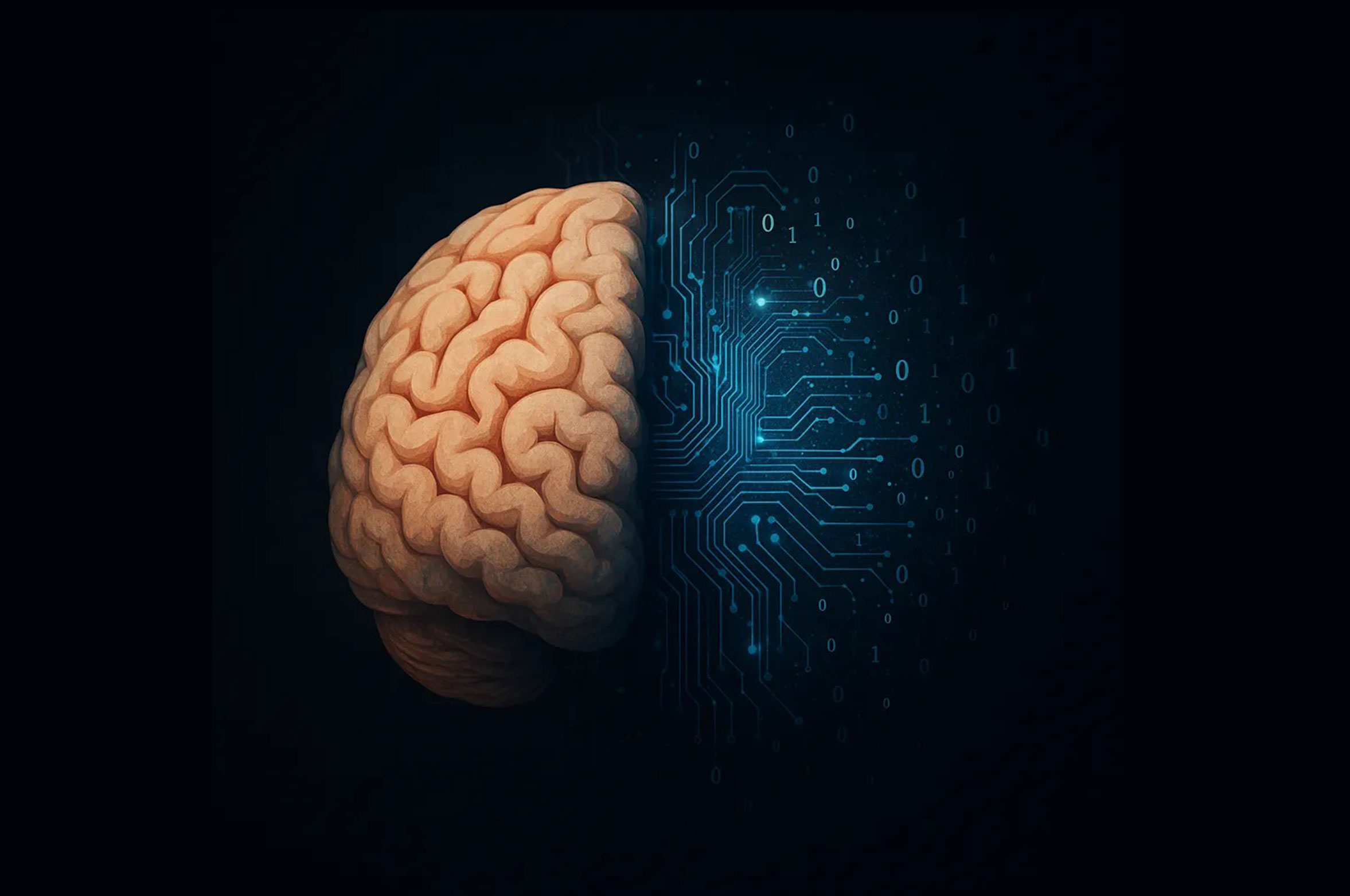AI tools are brilliant assistants — but when they start replacing your inner voice, creativity, and mental effort, the cost may be higher than you think.
We’re surrounded by digital intelligence that promises to make our lives easier — and ChatGPT leads the charge. It can answer your questions, write your reports, explain philosophy, and even offer relationship advice.
But here’s the question few dare to ask:
When something thinks for you, how long before you forget how to think for yourself?
This isn’t an anti-technology rant. I use ChatGPT — and I’m writing this with its help. But if we don’t pause to examine what this convenience is doing to our minds, we may sleepwalk into a world where thinking becomes optional, curiosity fades, and creativity atrophies.
Let’s explore what’s really at stake.
The Danger of Cognitive Outsourcing
Our brains evolved to ask, struggle, and connect ideas. That’s how we grow.
But tools like ChatGPT now let us bypass the discomfort of deep thinking. You no longer need to remember, synthesize, or wrestle with ambiguity — the machine does that for you.
This may feel efficient. But over time, it’s a form of mental disuse.
Psychologists call this the Google Effect: when you don’t retain information because you know you can retrieve it later. ChatGPT intensifies this — now it’s not just facts, but entire thoughts and arguments we’re outsourcing.
Echo Chambers in Disguise
ChatGPT doesn’t create knowledge — it repackages existing ideas. And most of those ideas come from majority opinion, search engine data, and publicly available text.
That means you’re often fed the most popular answer — not necessarily the most accurate one.
This creates an intellectual echo chamber. Over time, you stop thinking critically and start passively accepting whatever sounds right. That’s when true learning stops.
Beware of smooth answers that cost you your inner struggle. That struggle is the learning.
Speed vs. Depth
AI tools reward speed. But the human brain was designed for slow thinking: the kind that connects dots, sits with questions, and reshapes perspectives over time.
By default, ChatGPT gives you instant insight — but with no friction, no confusion, and no space for growth.
Overexposure to fast, ready-made answers may shorten your attention span and make deep reflection feel “too slow.” You become addicted to intellectual fast food.
When You Mute Your Inner Voice
Let’s get personal.
If ChatGPT writes your messages, builds your ideas, and coaches your emotions — who are you, really?
The greatest danger isn’t external. It’s the loss of your inner voice — that private dialogue where intuition, creativity, and conscience live.
Without that voice, your thoughts become echoes of other people’s patterns. And that, more than anything, should concern us.
So, Is ChatGPT Killing Your Ability to Think?
Not inherently. ChatGPT is a tool. It doesn’t “poison” your brain — but it can slowly numb it.
If you use it to:
- Avoid discomfort,
- Replace human dialogue,
- Get the shortcut instead of taking the journey,
…then yes, you're weakening your mental independence. One query at a time.
Use AI, Don’t Obey It
Here’s how to keep your thinking sharp in the age of smart machines:
- Use ChatGPT to spark, not finish, your thoughts.
Ask better questions than the ones it gives you.
- Balance digital info with human insight.
- Write something messy — by hand.
- Sit in stillness. Think slow. Reconnect with your own brain.
The most powerful tool in your life shouldn’t be in the cloud. It should be in your head.
If this article made you pause — share it. The future doesn’t need more answers. It needs better thinkers.









